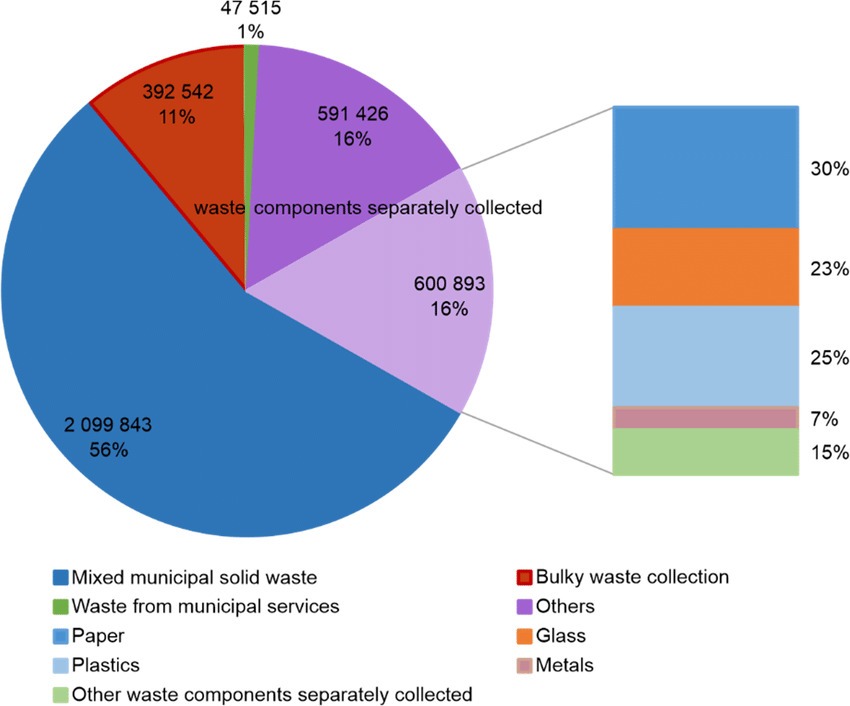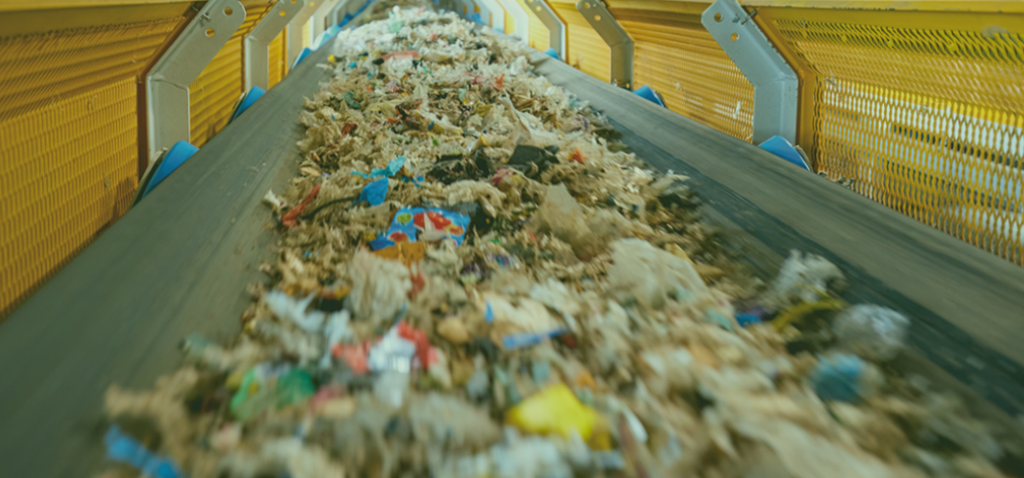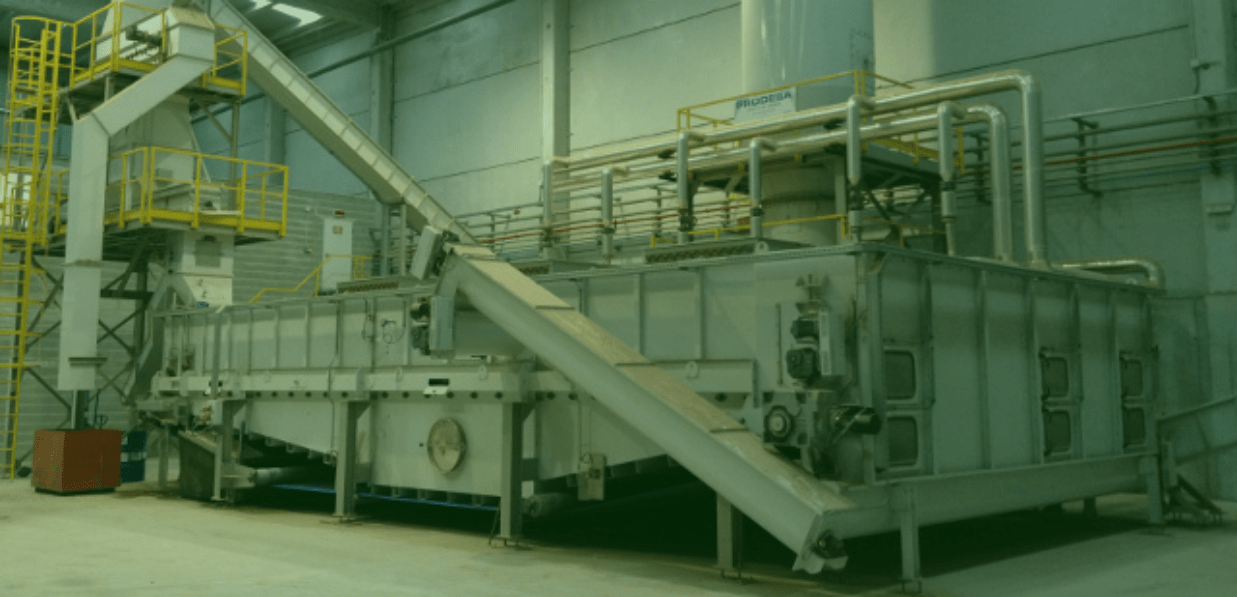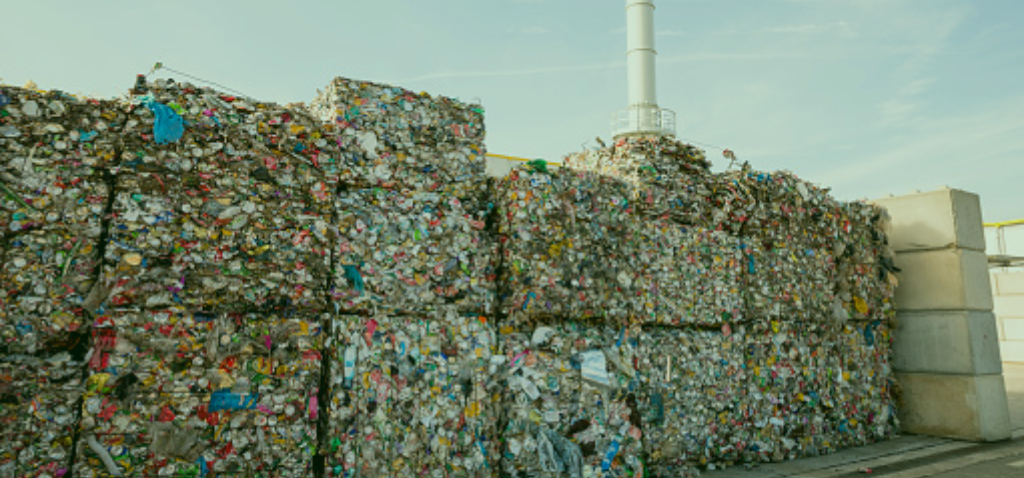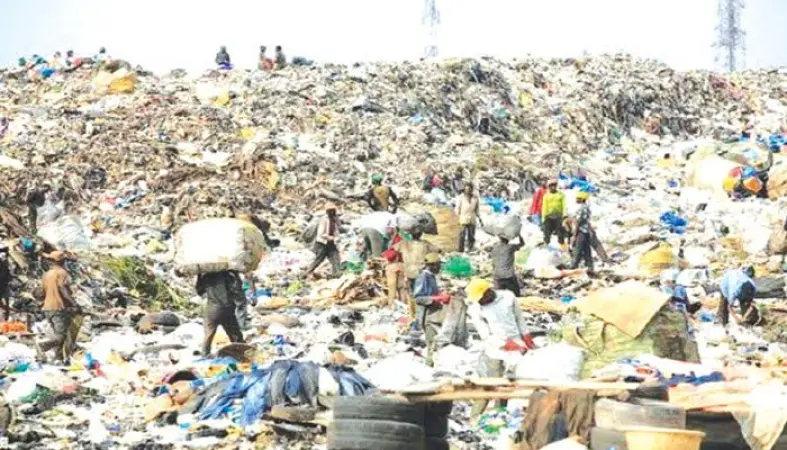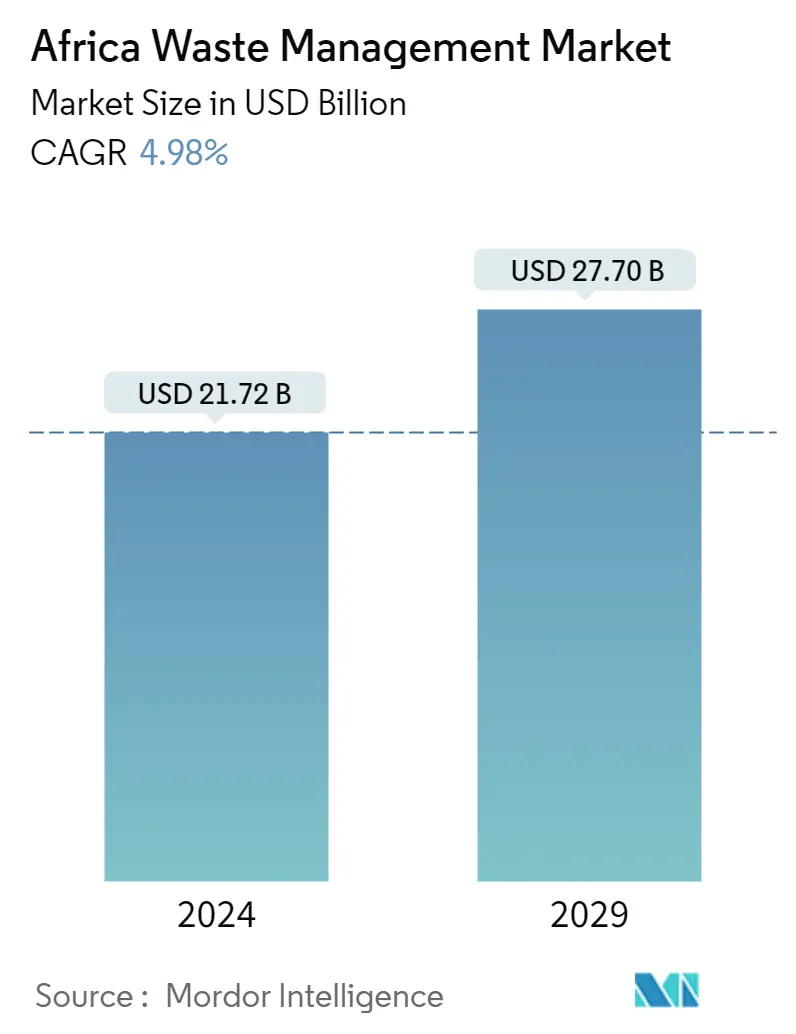At GFEL it’s our priority to enhance and formalise the waste recycling efforts in the sector. There is an estimated 32 million tonnes of waste generated yearly and complicates environmental pollution.
According to a United Nations Industrial Development Organisation (UNIDO) report, Nigeria generates over 32 million tonnes of waste annually with plastic accounting for 2.5 million tonnes. Nigeria is among the top 20 nations that contribute 83 percent of the total volume of land-based plastic waste that ends up in the oceans.
A World Bank report estimates that at 0.51 kilogrammes of waste generated daily by each Nigerian, it is forecasted to rise to 107 million tonnes by 2050 – a development that presents both a threat and an opportunity.
Landfills are overflowing in states like Borno, Aba, and Osun states. Over 200,000 tonnes of plastics from Nigeria end up in the Atlantic Ocean. In 2021 the international non-profit Clean-Up Nigeria, with consultative status with the United Nations, found that over 172.7 million Nigerians are living in an unclean environment. This puts them at risk for diseases.
However, GFEL is willing to engage the Nigerian Government to ensure a national strategy to manage and commercialize waste to deliver great value.
